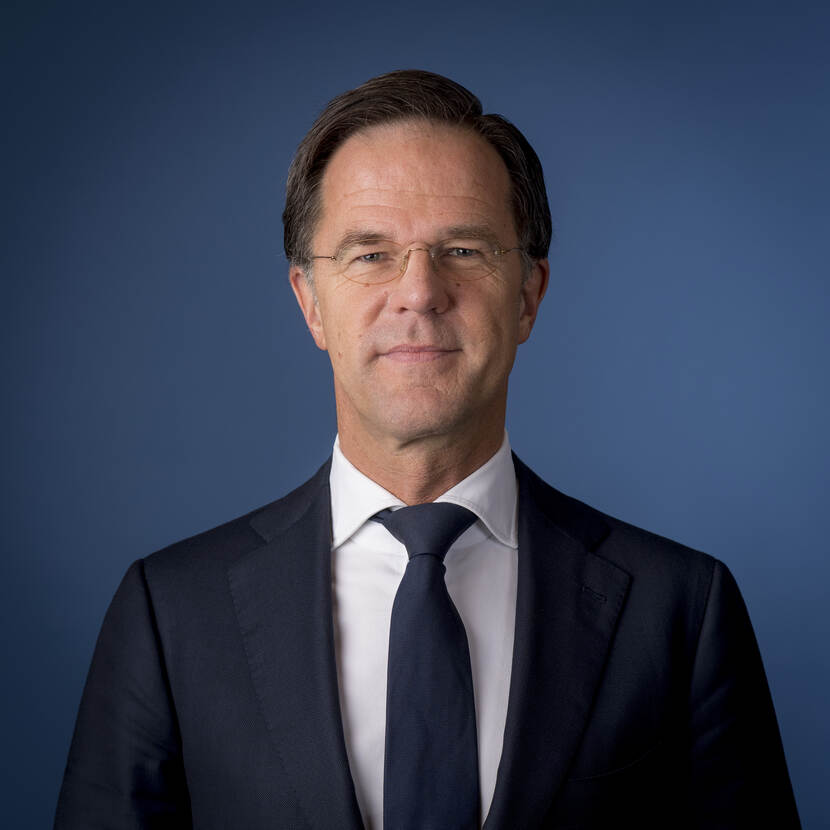Dutch Prime Minister Mark Rutte has announced his retirement from politics, signaling the end of his remarkable career as the country’s longest-serving head of government. The decision comes after his coalition government collapsed due to a dispute over migration policy.
Rutte, a member of the liberal conservative People’s Party for Freedom and Democracy (VVD), has held the position of prime minister for nearly 13 years. His fourth government took office at the beginning of 2022 but fell apart on Friday evening as the four-party coalition failed to reach an agreement on family reunification for refugees already in the country.
Speaking in the Hague on Monday, Rutte confirmed that he will not stand as a candidate in the upcoming snap general election scheduled for autumn. He stated, “On the occasion of the investiture of a new government after the elections, I will leave politics.” Additionally, he clarified that he will not lead the VVD’s list for the election.
Although Rutte will remain in office on an interim basis until the general election, his position is currently under threat. The opposition parties, including two left-wing groups and Geert Wilders’ far-right Party for Freedom, have tabled a motion of no confidence against him. For the motion to succeed, it must be supported by at least one of the parties within Rutte’s coalition.
Rutte’s departure from politics has garnered attention from leaders across Europe. Belgian Prime Minister Alexander De Croo took to Twitter to express his gratitude, stating, “Thanks for everything, Mark. Not only the Netherlands is going to miss you.”
With Rutte’s retirement and the upcoming general election, the Netherlands is entering a new chapter in its political landscape. The race to form a new government and address key policy issues will undoubtedly shape the country’s future trajectory.
A global media for the latest news, entertainment, music fashion, and more.



 (@alexanderdecroo)
(@alexanderdecroo) 


